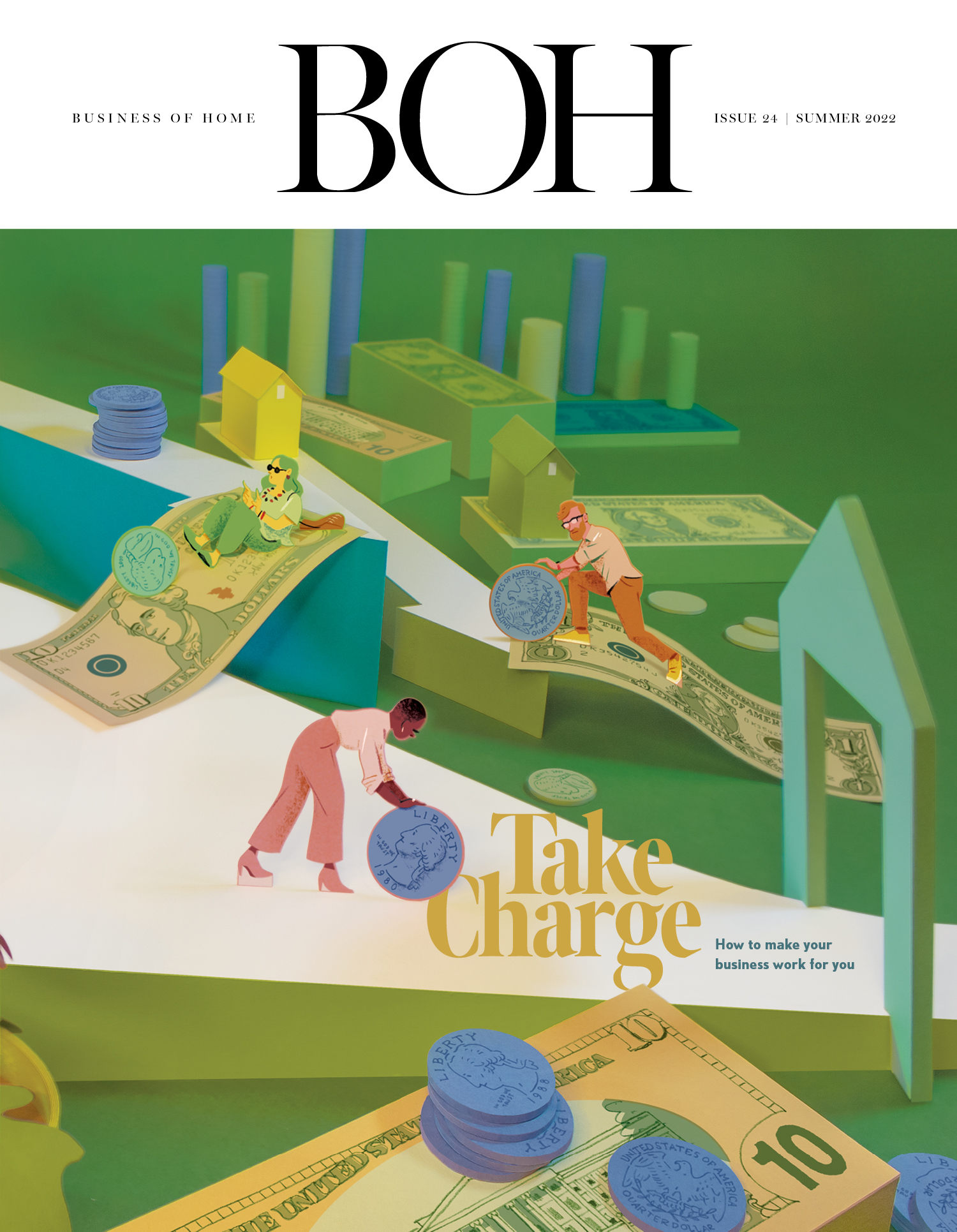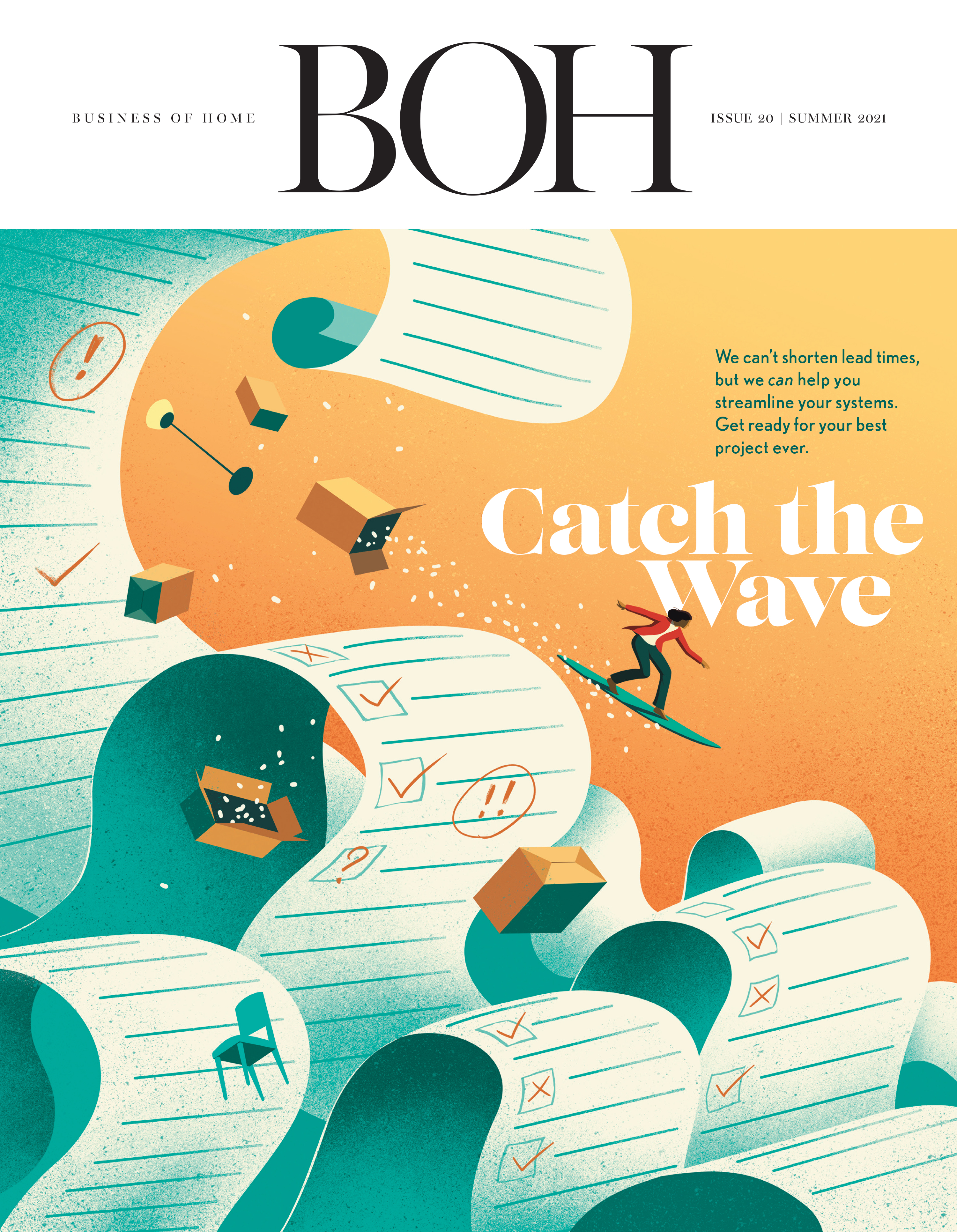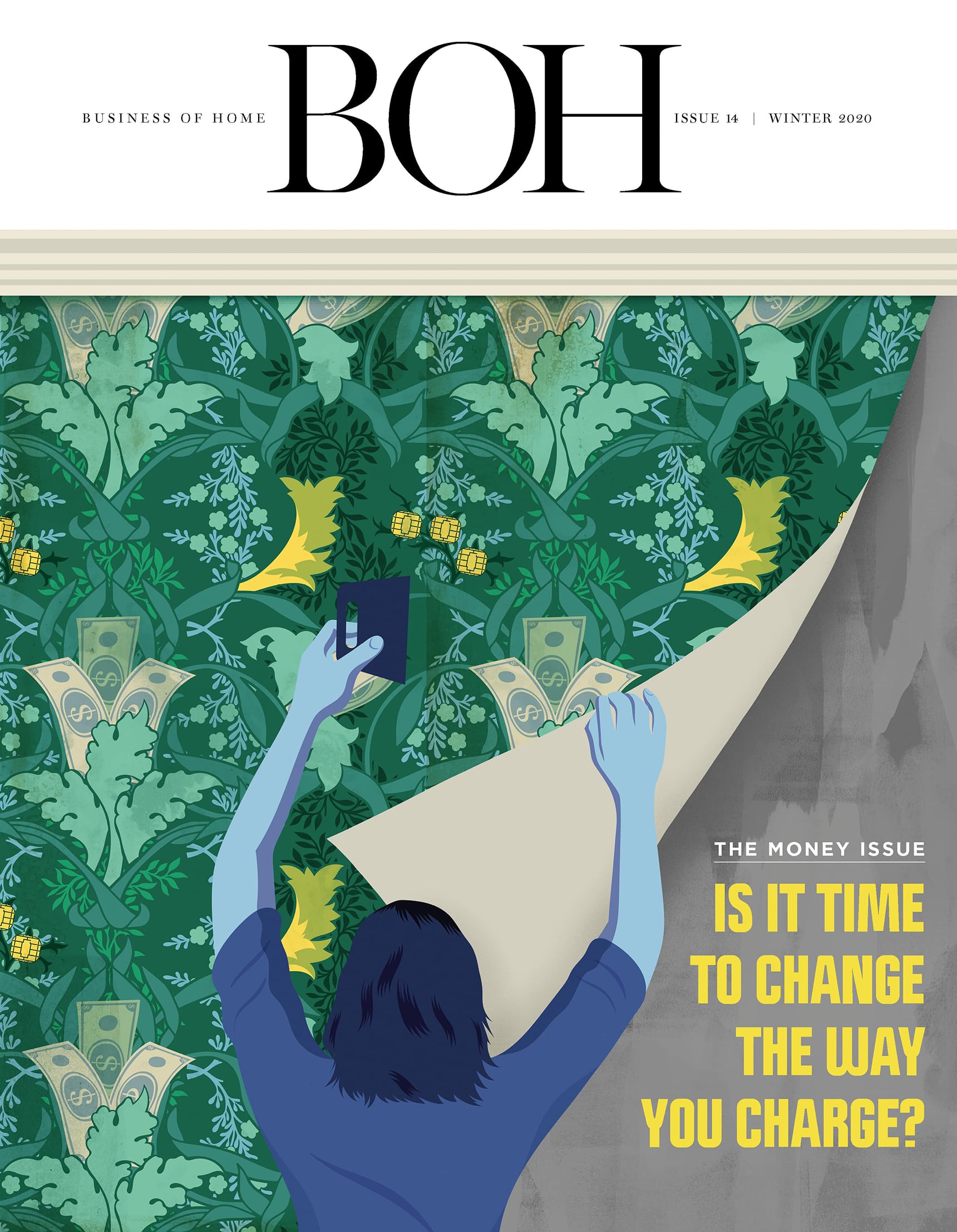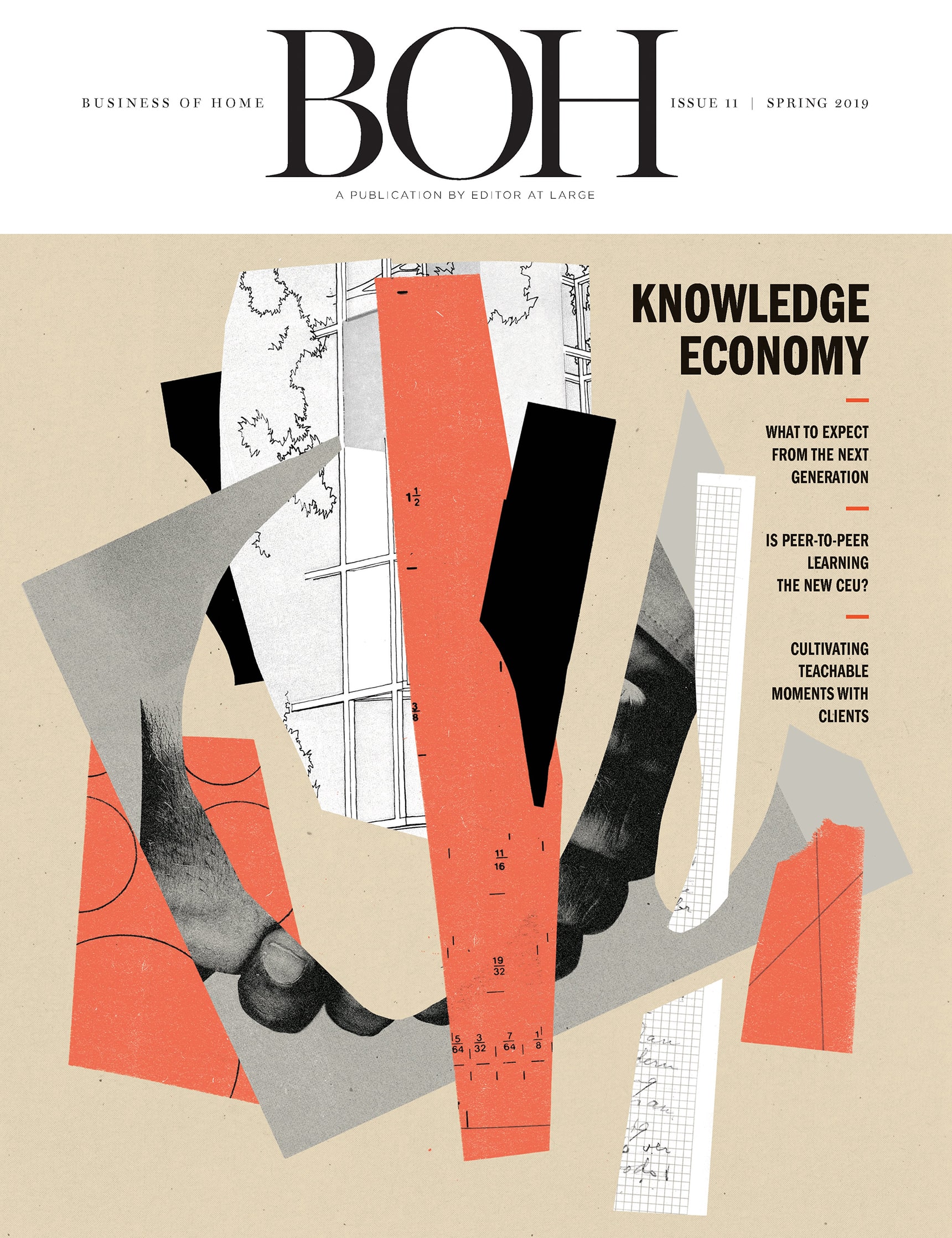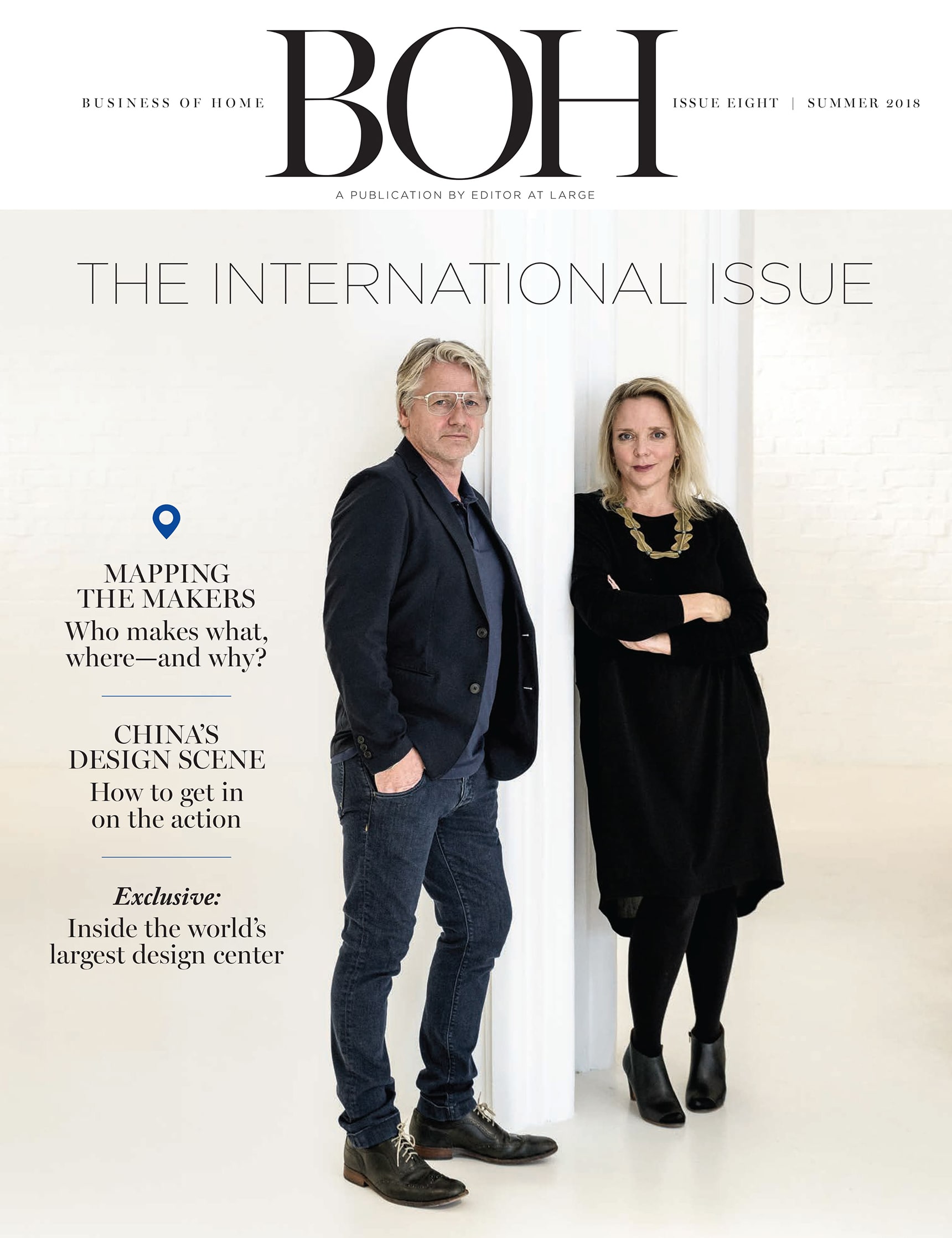As a new generation of clients comes of age, and technology continues to seep its way into every corner of a decidedly old-school profession, it’s likely that design won’t be exactly the same in 2030 as it is in 2020. What will it be like? And just as importantly, what will it be worth? A travel agent has some surprising insights.

If you think technology has disrupted the design industry, talk to a travel agent. For most of the 20th century, agents could count on a reliable source of income by earning a commission on airline tickets, cruise bookings and hotel rooms. Then came the rise of the internet, the elimination of paper tickets and the birth of sites like Orbitz, Expedia and Priceline. Thousands of agents were forced to close up shop, swept aside by the disruptive tides of 21st-century technology.
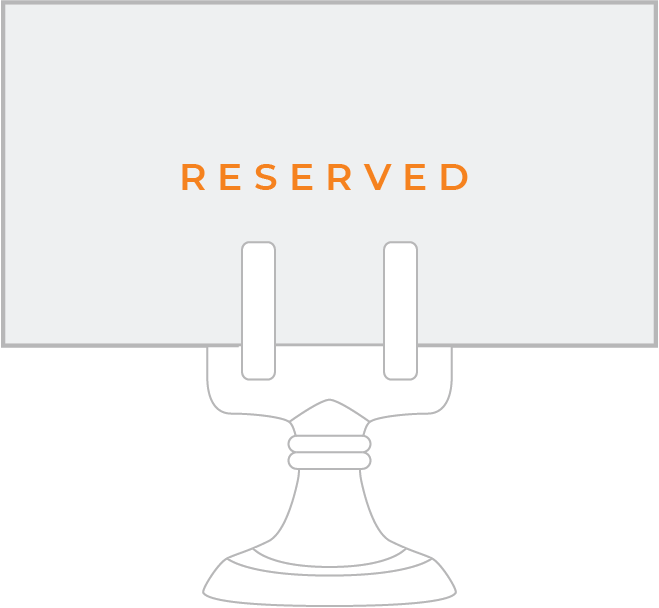
BOH subscribers and BOH Insiders.

















